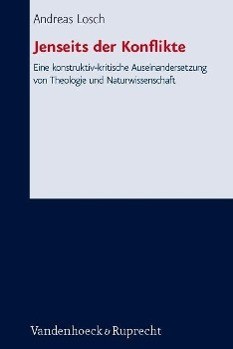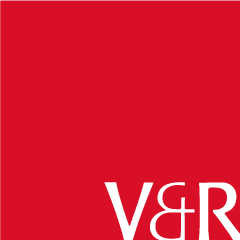
Jenseits der Konflikte
Kurzinformation
inkl. MwSt. Versandinformationen
Artikel zZt. nicht lieferbar
Artikel zZt. nicht lieferbar

Beschreibung
Theology and the natural sciences - are we dealing with a contradiction here? That¿s the way it may sometimes appear in the media. Particularly the cases of Galilei and Darwin spring to mind, as illustrations of the church on the retreat from triumphant science. Andreas Losch depicts this conflict, however, as a modern myth; he presents the approach of the Cambridge physicist and priest John C. Polkinghorne, who assumed agreement between the two disciplines. How else can one see this conflict - looking beyond the conflict? Losch also introduces the reader to the classification of Ian G. Barbours, who regarded the positions of theology and the natural sciences not as one of conflict, but as the juxtaposition of independent entities: as a dialogue between and integration of two disciplines.Andreas Losch does not merely repeat the arguments of Barbours, but rather scrutinizes the basis for his assumptions, concluding that a so-called "critical realism" is the best way to explain them. The author then seeks to determine the definition and meaning of critical realism in science, philosophy and theology. He describes two German approaches to a dialogue between theology and the natural sciences and compares them with the Anglo-Saxon model based on critical realism: the time theory of the physicist A.M.K. Müller and the Gestaltkreis concept of the physician and philosopher Viktor von Weizsäcker.Losch concludes the work by integrating the various models into his own suggestion for sustaining a dialogue between the disciplines. Two excursus look at other ways of analyzing the thoughts of the theologian Jürgen Hübner and the science philosopher Michael Polanyi on this subject. von Losch, Andreas
Produktdetails

So garantieren wir Dir zu jeder Zeit Premiumqualität.
Über den Autor
Dr. theol. Andreas Losch ist wissenschaftlicher Assistent am Center for Space and Habitability der Universität Bern.

- Gebunden
- 184 Seiten
- Erschienen 2010
- Springer

- paperback
- 40 Seiten
- Erschienen 2024
- Zuckersüß Verlag

- pocket_book
- 256 Seiten
- Erschienen 1984
- Rowohlt Taschenbuch

- paperback
- 314 Seiten
- Erschienen 1989
- Nomos

- paperback
- 44 Seiten
- Erschienen 1992
- Frankfurt/Der Islam,

- Geheftet
- 44 Seiten
- Erschienen 2012
- Auer Verlag in der AAP Lehr...





 bestellen
bestellen
































